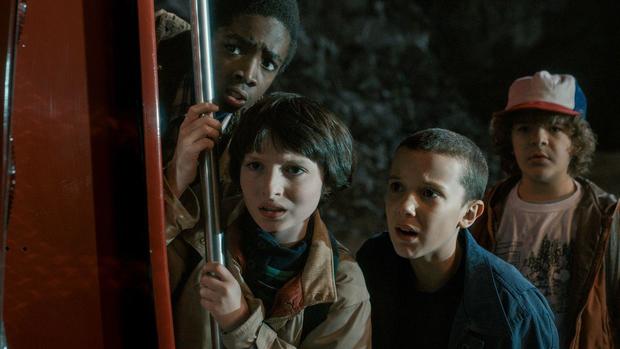"Making a Murderer" attorneys respond to critics
"Making a Murderer" has become one of Netflix's most successful series ever. The true crime drama tells the story of Steven Avery, who spent 18 years in prison for a rape he did not commit.
Just two years after DNA evidence exonerated him in 2003, Avery was arrested again -- this time for the murder of photographer Teresa Halbach. Her cremated remains were found just steps from Avery's trailer.
Critics have slammed the series for leaving out incriminating evidence, but the two defense lawyers at its center are striking back.
"The movie gives a very lavish, three hours plus to one trial (that) went over 200 hours," Dean Strang said on "CBS This Morning" Friday. "If the prosecutor and the police are really secure in the convictions they obtained, I'd wonder why they sounded so insecure about a movie that necessarily couldn't run 200 hours."
Among the critics is prosecutor Ken Kratz, who said the series was blatantly biased and was an "advocacy piece" rather than a documentary.
But defense attorney Jerry Buting said the accusations that large parts of the state's case were left out of the series were "nonsense."
"The state is now trying to make that a lot of these pieces that weren't in the movie (were) more sinister than they really were," Buting said.
Among the details missing in the series was that Avery called Halbach three times on the day of her murder.
"With regard to this for instance, also left out was the fact that he called and made an appointment to the office," Buting said. "If he had her cell phone number and was trying to lure her, why would you call the office and create a paper trail? You would just call her directly and no one would ever know that he'd come here. Instead, he goes to the office."
Another piece of evidence that was not mentioned in the film was the DNA found under the hood of Halbach's car.
"First of all, the prosecutor has said that 'sweat DNA' is found on the hood, and there's no such thing as 'sweat DNA' or 'perspiration DNA.' It's just DNA. Where it comes from, they can't tell," Buting said.
"It's transferred from something that may or may not have been him," Strang added.
Still, when asked if they were convinced of Avery's innocence, Strang admitted he had some doubts.
"I'm not at all convinced of his guilt, I never have been ... if it was OK to convince people on maybes, I wouldn't be worried about this, but it's not," Strang said.
Buting also added that since the series premiered, he has been contacted by numerous scientists worldwide, who he said urged him "there's a lot more that can be done" with testing for evidence, thanks to scientific improvements.
"I think his best hope lays in really discovered evidence," Strang said.
